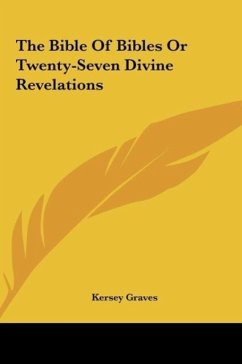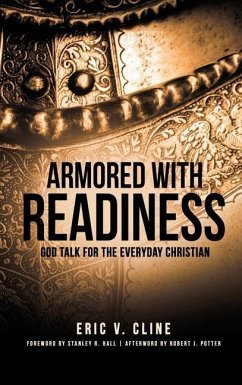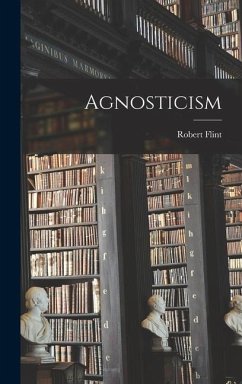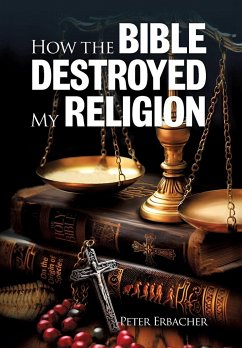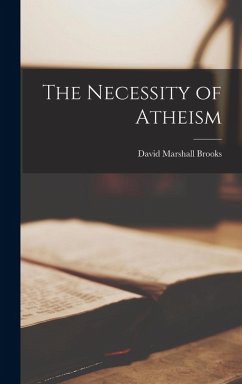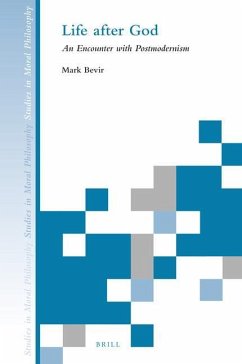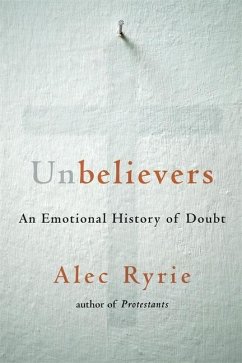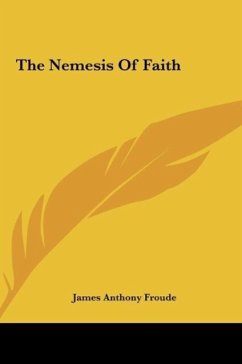
The Nemesis Of Faith

PAYBACK Punkte
15 °P sammeln!
It would have been nothing but a "You must not." He would defend the place against me as an enemy; but of my own soul might become what I could myself make of it; he would have been troubled enough to have known what to do with that. Well, now for my duties (I suppose I may be extreme in them), and the blue chintz curtains, and the Penny Club; and may God guide me!



